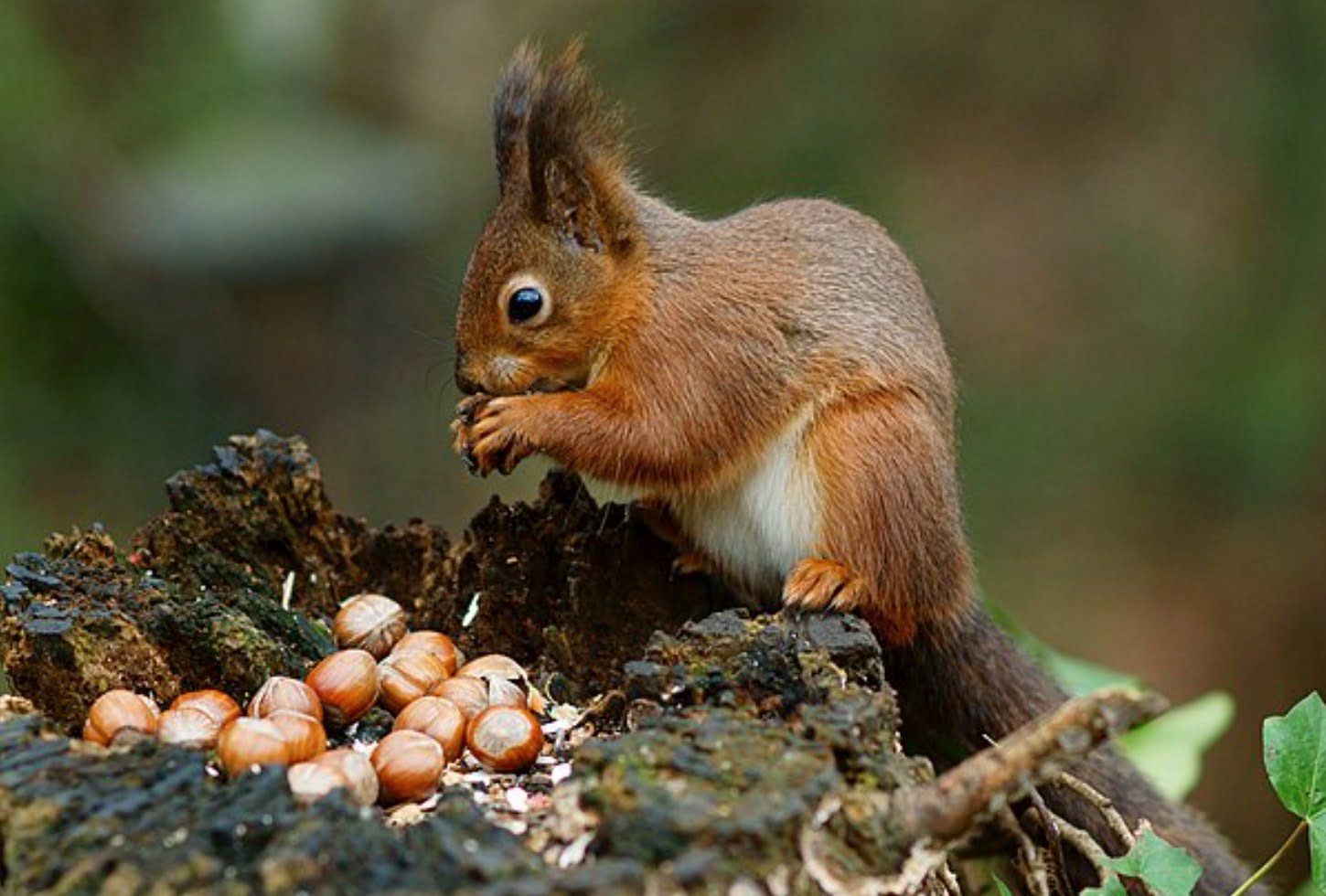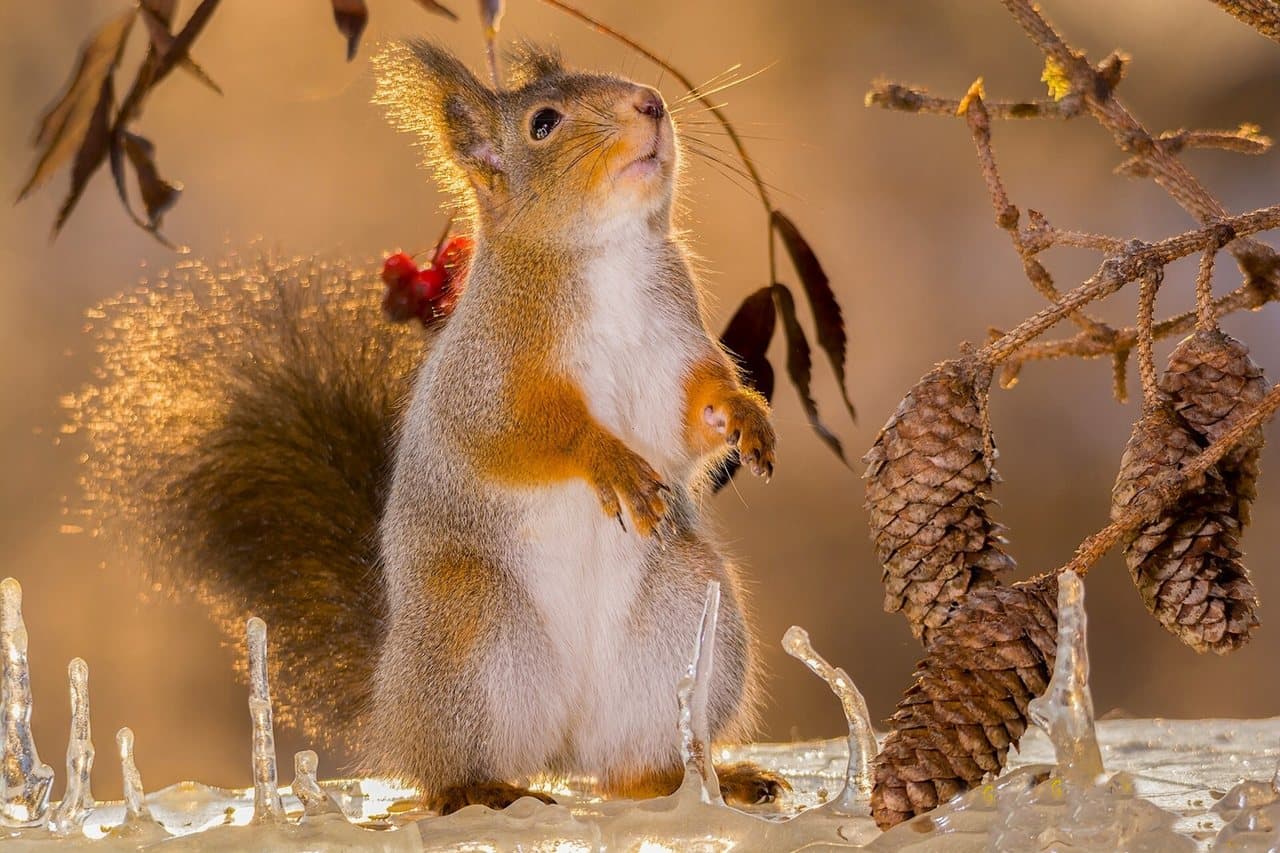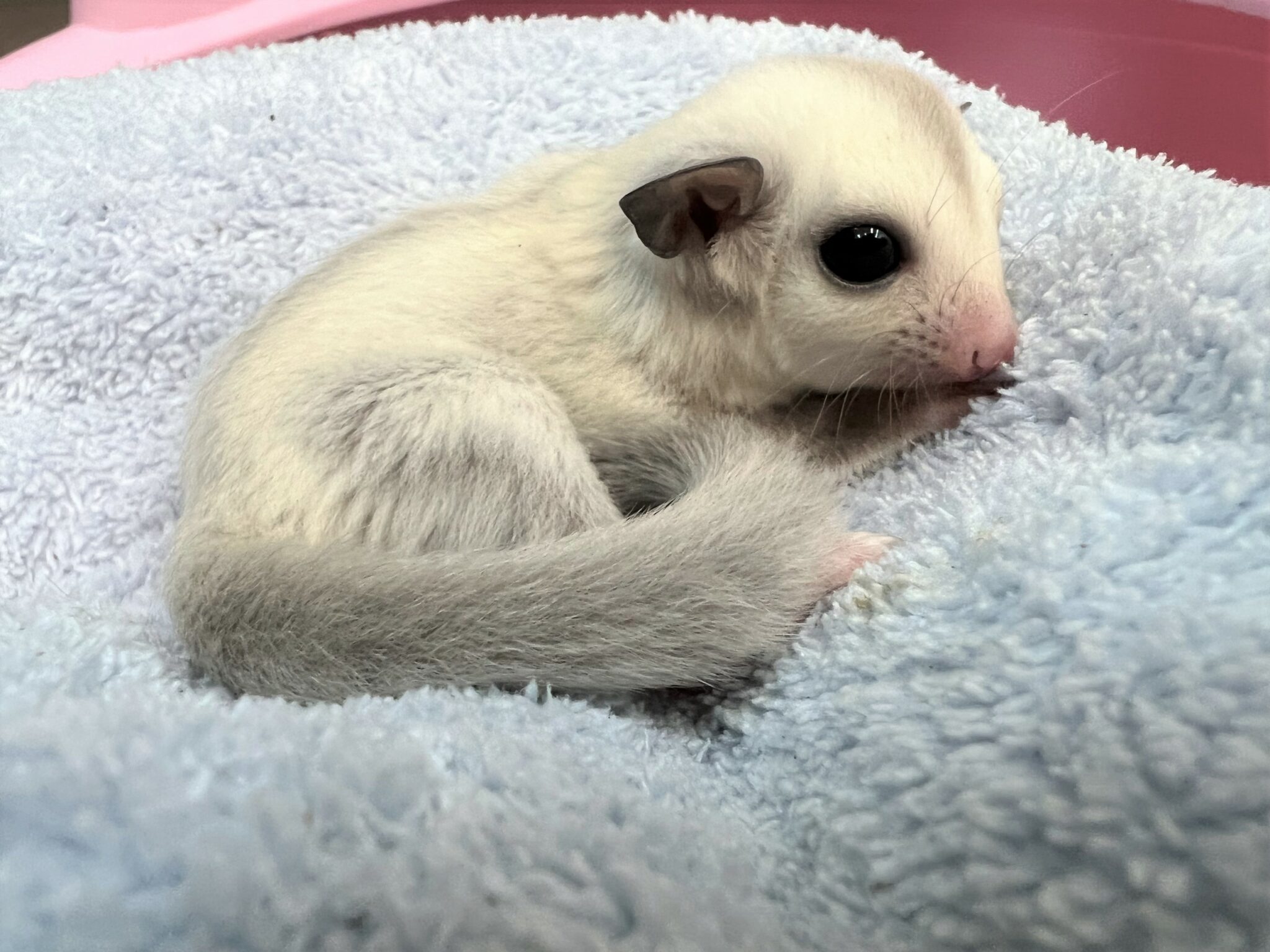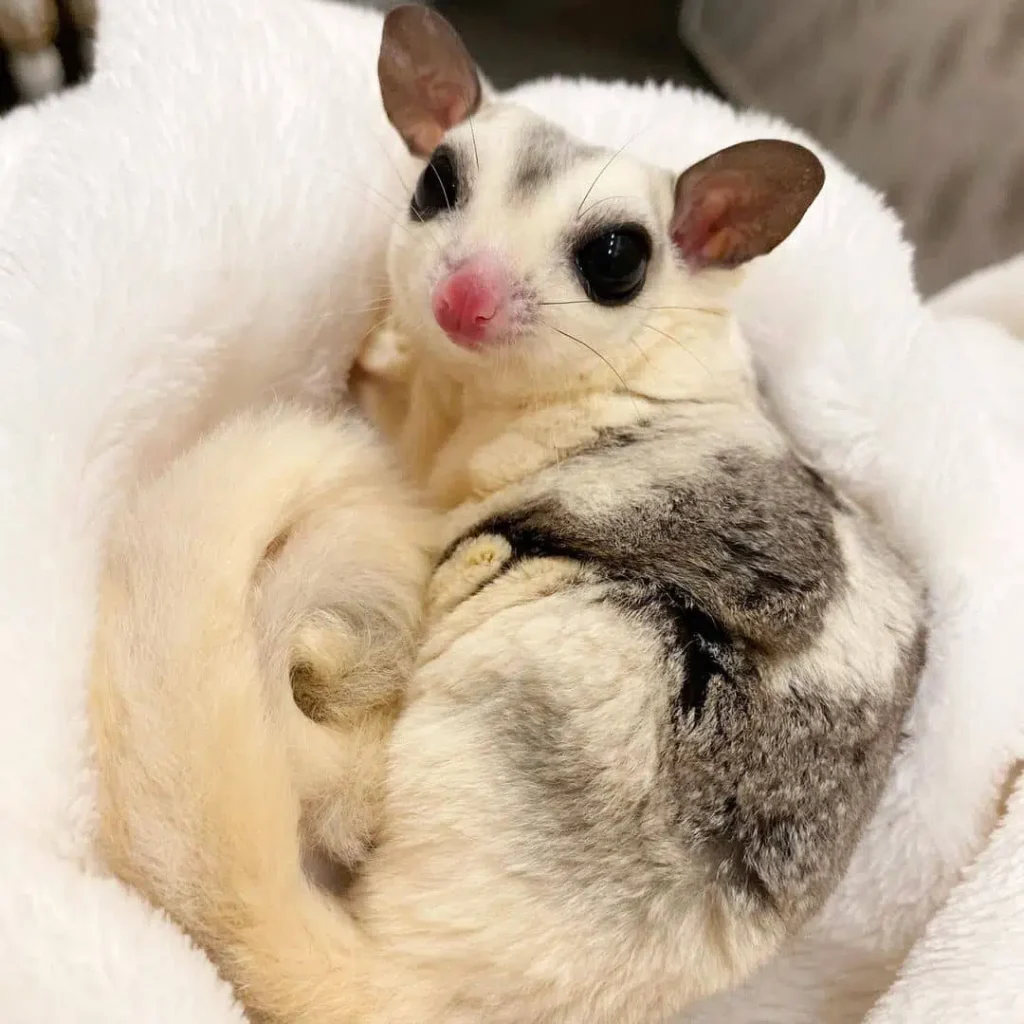In recent years, squirrels have gained considerable attention as unconventional pets, quickly becoming a hot trend among animal lovers. Traditionally known for their energetic antics in parks and forests, squirrels have made the leap from wild creatures to beloved companions. This article explores why squirrels are becoming the latest pet sensation, the challenges of owning one, and how to properly care for these fascinating little creatures.
Why Are Squirrels Gaining Popularity as Pets?
Squirrels are small, agile, and incredibly cute, which is likely one of the main reasons for their rise in popularity. Their playful nature and ability to entertain with acrobatics and quick movements make them captivating to watch. In addition to their charm, squirrels are intelligent creatures capable of forming strong bonds with their owners. Many people enjoy the idea of having a pet that is both independent yet affectionate, providing companionship without being overly demanding.
Another contributing factor to their popularity is the increasing awareness of animal welfare. Squirrels, when raised in a loving environment, can thrive in captivity, especially when compared to other exotic pets. People are drawn to the idea of rescuing or adopting squirrels, particularly those who have been orphaned or injured in the wild. This sense of saving a life adds an emotional appeal to owning a squirrel.
Furthermore, squirrels can be trained to perform tricks, such as retrieving objects or navigating obstacle courses, which appeals to pet owners looking for an interactive and engaging experience with their pets. Their curious nature and ability to adapt to new situations make them a great choice for those who enjoy a challenge.
Types of Squirrels Kept as Pets

There are many different species of squirrels, but not all are suitable to be kept as pets. The most common types of pet squirrels are tree squirrels, such as the Eastern Grey Squirrel and the Fox Squirrel. These species are often chosen because they are smaller in size and more adaptable to living in human environments.
However, it is important to note that squirrels are wild animals by nature, and not all species are legal to keep as pets depending on local regulations. In many areas, it is illegal to own a wild squirrel, and people must adopt or rescue squirrels that are bred in captivity or have been abandoned by their mothers. Always check local laws before attempting to keep a squirrel as a pet.
The Challenges of Owning a Squirrel

While squirrels may seem like fun and exciting pets, they come with their fair share of challenges. One of the biggest obstacles for potential squirrel owners is the commitment required to care for them properly. Squirrels are highly active and require a large, stimulating environment to keep them happy and healthy. Simply keeping a squirrel in a cage is not sufficient. They need space to climb, run, and explore in order to maintain their mental and physical well-being.
Additionally, squirrels are known for their sharp teeth, which they use to gnaw on various objects in their environment. If not properly managed, squirrels can damage furniture, electrical wires, and other household items. To prevent this, it is essential to provide them with appropriate chew toys and enrichment activities to satisfy their natural instinct to gnaw.
Another challenge is the specialized diet squirrels require. Squirrels are omnivorous, meaning they eat a variety of foods, including nuts, seeds, fruits, and vegetables. Their diet needs to be well-balanced to ensure they receive the right nutrients. It is important to avoid feeding squirrels foods that are harmful to them, such as chocolate, caffeine, or foods high in sugar or fat.
Socializing a pet squirrel can also be a lengthy process. While squirrels are intelligent and can bond with their human caregivers, they are also naturally cautious creatures and may take time to trust humans. Building a relationship with a squirrel requires patience and consistent care.
How to Care for a Pet Squirrel

Caring for a pet squirrel involves several key components. First, providing a large enclosure or habitat is essential. A spacious, multi-level cage with plenty of climbing branches and platforms allows squirrels to engage in natural behaviors. Additionally, squirrels should have access to a secure, squirrel-proofed area in the house where they can roam freely under supervision.
As mentioned earlier, diet plays a crucial role in a squirrel’s health. In the wild, squirrels eat a variety of foods depending on the season, so it is important to replicate this diet as closely as possible. Offering a mix of fresh fruits, vegetables, seeds, and nuts ensures that your pet squirrel receives the proper nutrition. However, keep in mind that certain foods should be limited, such as high-fat foods, to prevent obesity.
Exercise is another vital aspect of squirrel care. As naturally active animals, squirrels need regular playtime outside of their enclosure to stay healthy and entertained. Consider setting up a safe, squirrel-proof space in your home or yard where they can run, climb, and explore.
Regular veterinary care is also a must. While squirrels do not require the same type of medical attention as domesticated pets like dogs or cats, they still need to be seen by a vet who is familiar with exotic animals. A qualified vet can help monitor their health, provide vaccinations, and address any medical issues that arise.
Ethical Considerations and Legal Issues
Before deciding to adopt a squirrel, it’s essential to consider the ethical implications and legalities involved. In many places, it is illegal to own a wild squirrel, and it may be necessary to have a special permit or license to keep one as a pet. Additionally, keeping squirrels as pets requires a significant time commitment and responsibility.
It is crucial to obtain squirrels from reputable breeders or rescues, as buying them from the wild can contribute to the depletion of natural squirrel populations. Furthermore, individuals who adopt squirrels should be prepared to provide them with a suitable environment for the rest of their lives, which can be up to 10 years or more.
Conclusion
Squirrels are rapidly becoming one of the most popular and unique pets in the world, attracting those who are looking for a small, playful, and engaging companion. However, owning a squirrel is not without its challenges. It requires time, effort, and a commitment to providing the best care possible. If you’re considering adopting a squirrel, make sure to do thorough research on how to care for them properly, and ensure that you are prepared for the responsibility of providing them with a loving and safe environment. With the right care, a pet squirrel can be a fun and rewarding addition to your family.
More posts you might be interested in:














